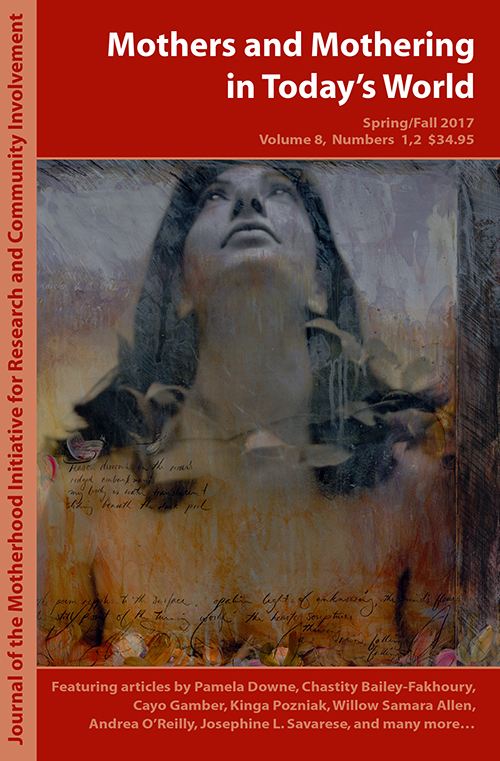Kibbutz Mothering in Transition: Bringing the Children Home
Abstract
My generation of mothers on Kibbutz Hazorea is in the unique situation of having mothered in two contexts: the “normal” way and the kibbutz way, which involved communal sleeping arrangements for children. This system lasted until the 1991 Gulf War when the children moved home, leading to the de-facto end of collective education for kibbutz children. I investigate how the role of “mother” evolved in this transition from communal childrearing to full-parental responsibility as well as how the mothers felt about the transition. I also address what effect, if any, their own upbringing had on their experiences. I interviewed kibbutz mothers raised in communal education; kibbutz mothers who joined the kibbutz as adults; and a subgroup of women who worked as childcare givers (metaplot). Investigating the experience of mothering on kibbutz in its transition from collective childrearing to the traditional framework of the nuclear family can illuminate alternative perspectives of this unique kibbutz experience, focusing on whether and/or how the kibbutz prescription of mothering defined “mother” for the women who lived it.Downloads
How to Cite
Issue
Section
License
All intellectual property in relation to material included on this site belongs to the Motherhood Initiative for Research and Community Involvement (MIRCI). All material on this site is protected by Canadian and international copyright and other intellectual property laws. Users may not do anything which interferes with or breaches those laws or the intellectual property rights in the material. All materials on the Motherhood Initiative for Research and Community Involvement (MIRCI) are copyrighted and all rights are reserved. Any reproduction, modification, publication, transmission, transfer, sale, distribution, display or exploitation of the information, in any form or by any means, or its storage in a retrieval system, whether in whole or in part, without the express written permission of the Motherhood Initiative for Research and Community Involvement (MIRCI) is prohibited. Please contact us for permission to reproduce any of our materials. This site may include third party content which is subject to that third party's terms and conditions of use.


